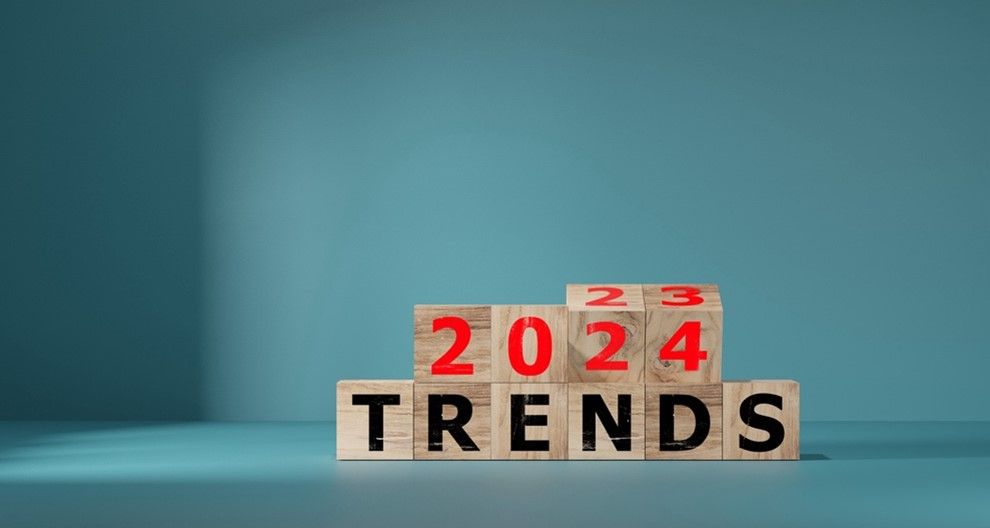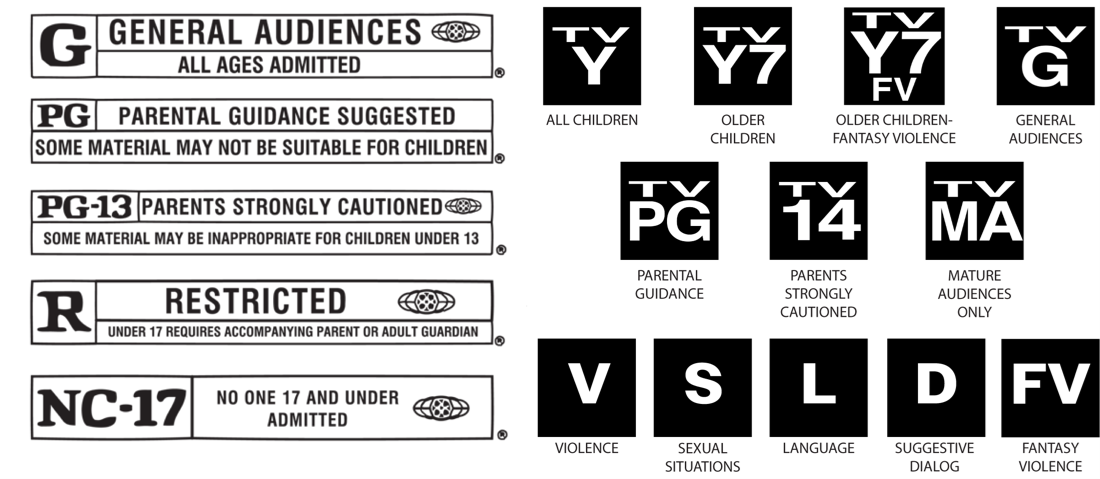Expect More Content Regulation
In the past several months, an emerging trend is evident in the media and entertainment industry: increased levels of and calls for content censorship and regulation. It doesn’t matter what country you live in or where you want to release your title, regulatory bodies and private groups exist that can limit what story you tell and how you tell it. Worldwide, varying levels of censorship exist, and some countries are more prohibitive than others. Some restrictions are intended to protect young audiences from sensitive subject matter, but others are to deter government criticism and to discriminate against minorities. It’s this latter category that should concern content creators.
Content Regulation and Censorship of Movies Around the World
We’ve documented the increased levels of censorship occurring in Hong Kong resulting from mainland China’s crackdown on “national security,” but it is not alone. India, Kenya, Nigeria, Australia, Hungary, the U.K. have, in just the last several weeks, required filmmakers make substantive changes in their work to meet regulatory or ratings guidelines.
- Hungary's Media Council of the National Media and Infocommunications Authority (NMHH) ruled on 15 September that LGBTQ+ content was unsuitable for anyone under the age of 18. Titles that do include those themes will "not be recommended." The new guidelines follow a law passed in June that bans the "display and promotion of homosexuality" within the country.
- A law passed in 2020 gives the Turkish government authority to force edits or ban access to content critical of the government or that it finds otherwise objectionable. Shortly after the law was passed, Turkey refused to issue a filming license for the Netflix series “If Only” because one of the characters is gay. Netflix responded by moving production to Spain.
- Nigeria’s National Film and Video Censor Board (NFVCB) decided in September 2021 to ban any film or other content that depicts “kidnappings, drug addiction and GSM (mobile) phone snatching” regardless of the context. Their intent is to reduce the influence the content may have on young people committing crimes in the country.
- The British Board of Film Classification (BBFC) required Universal Studios to make cuts it perceived as sexist and promoted sadism from the new James Bond film “No Time To Die” in order to receive a 12A rating.
New Levels of Content Based Regulation
New measures to censor or regulate content, regardless of platform, are being introduced worldwide.
- Vietnamese legislators are calling for the establishment of bans on any film that portrays “law-breaking” behavior, or stories depicting selfishness or successfully getting away with criminal behavior.
- The draft European Union Digital Services Act provides for broad regulation of digital platforms throughout the union, requiring uniform age-based ratings, local content origination requirements, and holds platforms accountable for third-party suppliers. The law allows penalties of up to 6% of annual global income for violations.
- The TV Parental Guidelines Board has issued new guidelines that call for all U.S. streaming platforms to adopt “age-based ratings and applicable descriptors” for “all online video assets.”
Misinformation’s Impact on the Regulation of Media Content
Ensuring age-appropriate content or banning unflattering depictions of politicians or events isn’t the only rationale for content regulation. Some recent efforts are instigated by misinformation campaigns propagated online or on social media that then motivates politicians or governments to call for restrictions that will, if past is prologue, inevitably find their way into broader content restrictions such as film and TV.
What type of motivation do we mean? A July 2021 poll of likely US voters shows 58% of Americans believe media companies are the “Enemy of the People.” A 2018 poll shows 26% of Americans and 43% of Republicans believe the president should have the authority censor media companies for “bad behavior,” whatever that means. GOP Legislators in several states have used these arguments to introduce bills that prohibit media companies from banning misinformation on their platforms and provide for significant fines for violations should they do so.
Florida’s Senate Bill 7072 allows for fines up to $100,000 in damages if residents of the state “feel” as though they have been treated unfairly by the removal of video or written content they post online. Texas’ House Bill 20 also limits content and social media from banning content even if it violates the platform’s community standards. Both laws were signed into law by their respective Governors and are now on hold pending court challenges for unconstitutionality.
The door of regulation and censorship has lately been swinging in the direction of more restriction rather than less. In reasonable cases, content creators can conform to cultural and contextual requirements without sacrificing their creative vision or remain true to the story by understanding them and working with reasonable regulators. The risk is that as more of this type of legislation and regulations are passed, other countries will imitate them in their countries. Laws like these are the proverbial camel’s nose under and its time we, as an industry, start paying more attention to the threat they are to creative and personal freedoms everywhere.
Related Posts


SILICON VALLEY
2336-H Walsh Ave.
Santa Clara, CA 95051
+1(408) 550-2344
LOS ANGELES
3900 W Alameda Ave.
Burbank, CA 91505
+1(310) 496-7307









